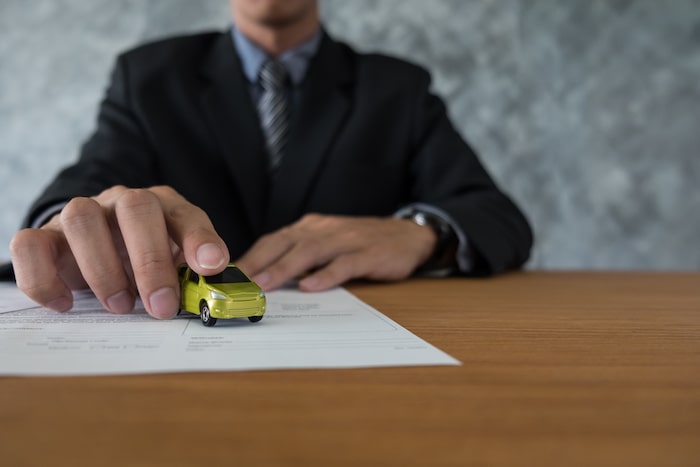A lienholder is a person or company that technically owns your vehicle before full payment. You probably took out a loan or rented a vehicle, and you owe them the money. Technically, the vehicle is not yours until you pay off the payment. A smart lienholder requires you to purchase car insurance before taking possession of the car. This means that, in the event of an accident, the settlement check is partially or fully made to your lienholder. If your car is totaled, the amount that you receive from the check depends on how much more money you owe to the lienholder. If your car is damaged, the check may go into someone else’s hands.
The Check May Go Directly To The Mechanic
The check is not always placed in your hands. If your car is not totaled, then it will be sent to a mechanic for repairs. Sometimes, the check is sent directly to the preferred repair shop. This means that you do not owe any money for repairs, except if the mechanic charges a deductible before the settlement check is received. In the case of the car being totaled, a check for the cost of the car will be sent to your lienholder, and you receive any extra money. If the cost of the car is under the amount of money that you owe, then you will either still owe your lienholder, or your loan coverage insures the rest of the cost.
Receiving repairs through your insurance company’s preferred auto repair shop is beneficial. If the cost of repairs changes, for example, then you may receive those repairs at no cost to you. The car insurance company takes care of all the extra costs of repair, and you do not have to worry about additional costs. These circumstances may change if you are found negligent of previous, serious repairs that keep the car from running smoothly.
Who Takes Responsibility For Your Check?
Your lienholder has the responsibility of your check, in most circumstances. You still owe them the money that you loaned, and you are legally obligated to pay it off. Asking them permission before you cash it is required, and they are likely to take a cut of it. While signing up for insurance through your lienholder, it is possible that they are also named on your insurance policy. If you and your lienholder’s names are on the policy, then the check will be made out to both of you. The lienholder will potentially take full control of where and how the check is cashed.
What If the Accident Was Not My Fault?
The true nature of the settlement check depends if you or the other driver are found to be at fault. In the case of the other driver being found at fault, their liability insurance is meant to cover the majority of the damages. You are considered the third-party, and this circumstance is called a third-party claim.
A third party claim includes a check that will be made out directly to you. This is because the first and second parties, the insurance company and the driver, are not legally obligated to pay off the money you owe. You are responsible for getting money to your lienholder in this case. These circumstances are all in the case of a lienholder. If you own your car, then the check is made out to you. You are allowed to do whatever you want with the money.

